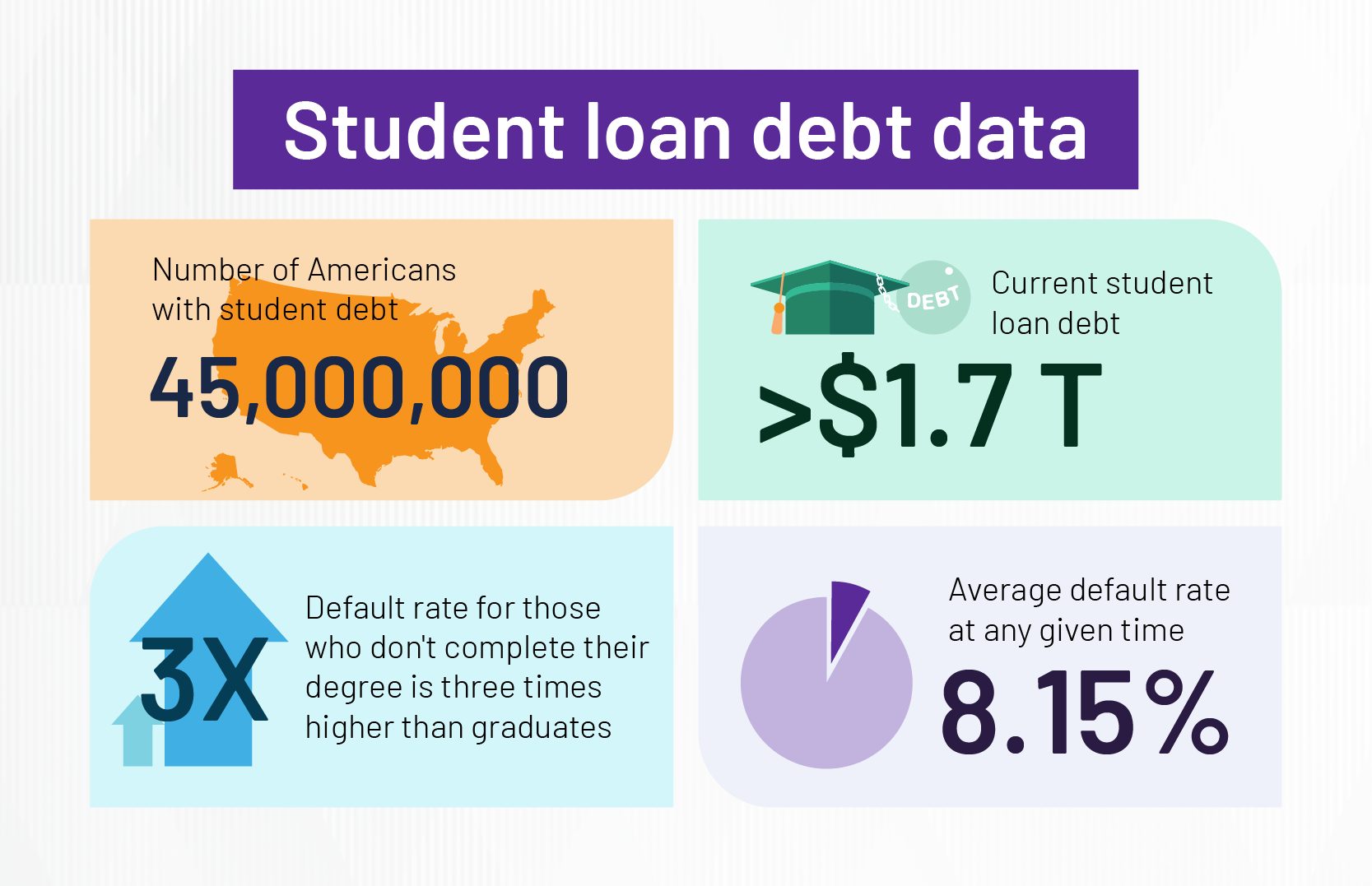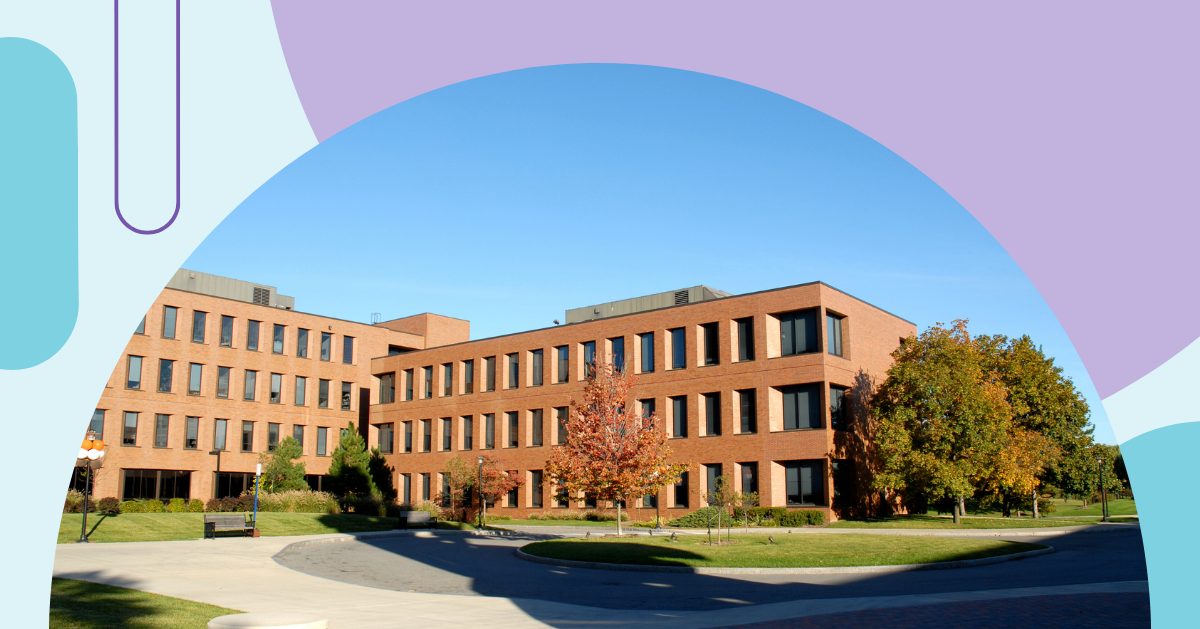In Fall 2019, I crisscrossed the state of North Carolina to help nine community colleges implement Watermark Student Success & Engagement (formerly Aviso Enterprise) as part of the North Carolina Community College System (NCCCS) Minority Male Minority Success Initiative (MMSI) grant, which aims to increase the progression and degree completion rate for minority males, and increase the utilization of campus resources and services through deliberate and intentional interactions between minority male students and the campus community.
In my travels, there were two constants: the sincere desire of each project team to positively impact at-risk students and the System Office lead on this project, Dr. John “JJ” Evans, NCCCS Associate Director of Student Life.
Each school in the grant developed and committed to a 3-year plan to support minority male students through success coaching and Watermark Student Success & Engagement, an early alert and student engagement software, to provide new and innovative services that met students where they were.
As Dr. Evans explains, “We’re targeting students that may need the most academic or personal assistance at the time. I think if we’ve done that, then our system advances in terms of how we view helping students. It’s not the student that needs to change. Sometimes it’s the institution and the practices that we have in place that we need to address.”
In other words, the system office and each of the schools involved in the grant took ownership of improving the experiences of students by finding new ways to serve students instead of asking those students to fit into the institution’s current mode of operation.
This outreach in North Carolina is not new. A Minority Male Mentoring Program (3MP) was initially sponsored by the Governor’s Crime Commission in 2003 as a pilot at six community colleges, focusing on first-generation students with low grade point averages or a history of substance abuse. In 2007, the NC General Assembly started funding the program and an additional 15 colleges added 3MP to their campuses; new colleges joined their ranks every year throughout the next decade to a height of 48 of the 58 colleges in the North Carolina Community College System.
Dr. Evans ran a 3MP initiative at Alamance Community College (ACC) before arriving at the system office in 2016. At ACC, he mentored students and ensured that they had an academic plan and stayed on track for graduation in addition to providing workshops on study skills and student success. The students at ACC and systemwide performed better than those that were not in the mentoring program, but there was one drawback: the program relied on students to opt-in to mentoring instead of the institution taking action to proactively help all minority or at-risk students.
Dr. Evans’ first task in his new job at the system office was to restructure the 3MP program. For the three-year grant cycle in 2016, the system decided to move from telling colleges what to do to providing data and establishing best practices across the system.
“When we rewrote the first grant, we really gave colleges freedom to do what they wanted without a prescriptive program or curriculum,” said Dr. Evans. “The only thing we asked colleges to do at the time was to report their findings, and then we told them that we would be collecting data on students. This was the beginning of the 2019 Equity Report.”
While institutions were able to reduce the gap between minority male students and their white counterparts from 11% to 8% between 2016 and 2019, there was so much variance that it was hard to tell what was a good systematic practice versus something that worked locally because of the college’s unique situation.
In 2019, the NCCCS office narrowed the options for schools receiving funding for MMSI projects to create some standardization and identify best practices that could be replicated across the system. The system’s three-year grant funding in 2019 offered three options: programmatic, success coach, and early alert system.
Programmatic approaches had been around for years where institutions took minority students to conferences, held workshops, and established mentor-mentee relationships.
The success coach option aimed to capitalize on the momentum of the Carolina Works Success Coaches and the work being done in the First in the World (FITW) grant, which Watermark (formerly Aviso Retention) partnered with as well, while narrowing the scope of success coaches to minority males at-risk students.
The final option was the Early Alert option where 11 community colleges (Alamance, Carteret, James Sprunt, Lenoir, Montgomery, Nash, Piedmont, Roanoke-Chowan, Robeson, Sampson and Western Piedmont) would get funding for Watermark and commit to providing success coaches for minority male students and other at-risk populations they had identified.
“Our goal is to try to find practices, and hopefully this is one, where I think at the end we can say this is an effective way to catch students before problems arise, assist students to overcome those challenges, and then ultimately as a result of doing so, more students are successful,” said Dr. Evans. “Retention goes up, graduation rates go up, all those negative academic metrics decrease and we make improvements to students moving forward.”
For Dr. Evans and the MMSI success coaches at each school, the goal is simple: to help students get across the finish line – whatever that may be for the individual student: a certificate, a diploma, a degree, improved job skills. If students on each campus become more successful with the support of success coaches and technology, then the achievement gap will close and the system will have identified a solution that can be replicated on all 58 campuses in North Carolina and provide best practices for other colleges and universities nationwide.
“I think a personal goal for me is to try to showcase that the work that we’re doing has a positive impact, especially for our students who may be our lowest academic performers or most at risk, and then really be a champion for requesting additional funding so that every institution has an early alert platform supported by success coaching and a success coaching philosophy that is really working to help at-risk students and capturing them before problems arise or before they’re no longer at your institution,” said Dr. Evans.
As we configured the Watermark Student Success & Engagement software and trained end-users, there was great excitement about how the software could assist faculty and staff in supporting students. As these schools launched their Aviso platforms in January 2020, some noticed a change right away. Jeremy Faison at James Sprunt Community College loved having up-to-date information on his students’ grades as it meant that he could reach out sooner to identify barriers that were keeping the student from succeeding, and provide resources to enable student success. Jamal Pitt at Nash Community College noted that students reached out to him more once the automated grade and attendance alerts started. Jamal McMillion at Lenoir Community College liked having more complete notes on interactions with the students as they gave him additional context.
I have no doubt that these leaders and their counterparts at the other schools will make a significant impact, thanks to their unparalleled passion. If I learned anything last fall visiting these campuses, it was that there is no shortage of good people who care mightily about helping those most at risk on NC community college campuses.
I can’t wait to see what they will accomplish during the first year of this grant cycle when we release preliminary results in January 2021.
Additional resources and earlier results are available on our Resources page.














































































































































































































































































































































































































